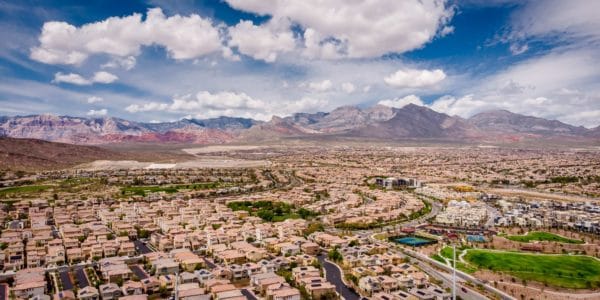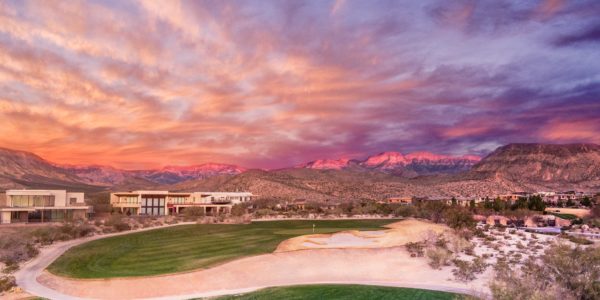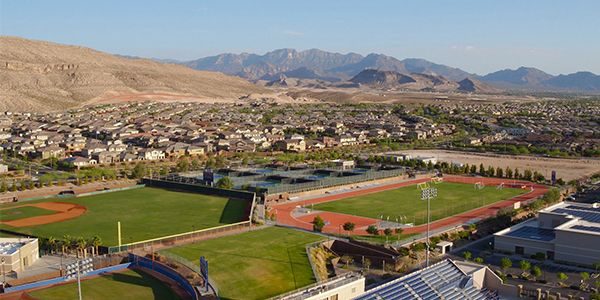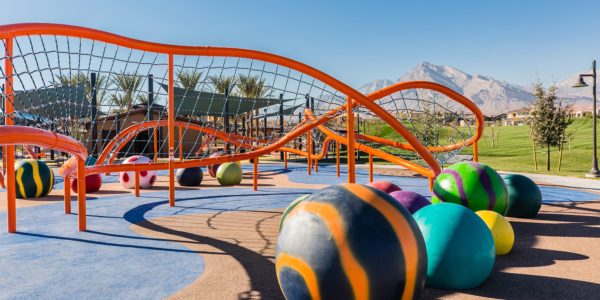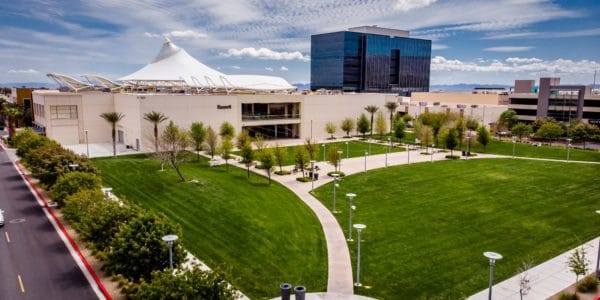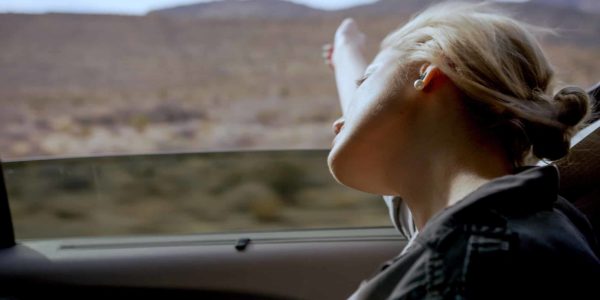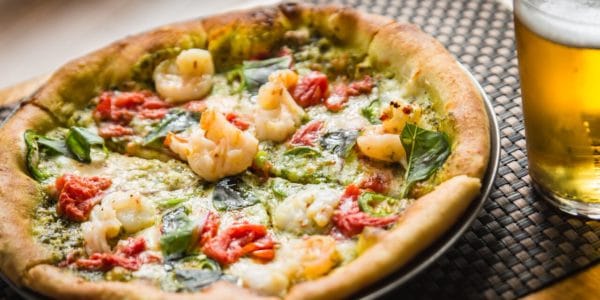While April is Earth Month, the master-planned community of Summerlin® is a place where the environment is celebrated year-round. The community, which spans 22,500 acres, has long recognized its obligation as a steward of the land and has incorporated many design innovations throughout its three-plus decades of development to ensure Summerlin continues to take shape true to its original vision while respecting the environment and conserving precious resources.
Summerlin’s dedication to preserving the environment has been demonstrated in many ways over the years, most notably two land exchanges in which developer, The Howard Hughes Corporation® (HHC), pulled Summerlin’s boundary eastward, adding 6,400 acres to the National Conservation Area and creating a permanent boundary that forever protects Red Rock Canyon and preserves its pristine character.
According to Kevin T. Orrock, president, Las Vegas Region, The Howard Hughes Corporation, the decision to pull the community’s border back was made because Hughes knew it would be inappropriate to develop within sight of the scenic loop road.
“From its inception, Summerlin was developed with the environment in mind,” said Orrock. “Beyond our landmark exchanges that continue to protect Red Rock Canyon today, Summerlin was one of the valley’s earliest adopters of desert landscaping, helping to improve the public image of low water-use landscapes in the 1990s and encouraging other developers and builders to do the same.”
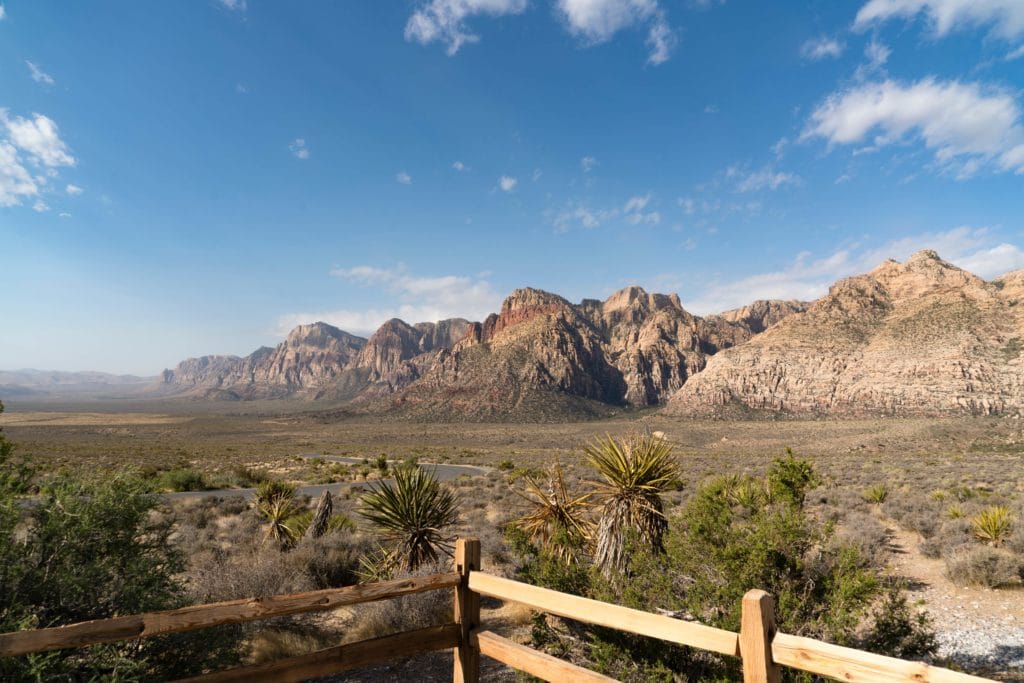
In fact, Summerlin was the valley’s first community to implement strict Water Smart conservation guidelines, and today, it continues to use and promote desert friendly plant materials whenever and wherever possible. The Summerlin Community Association is actively removing non-functional grass throughout the community, including Summerlin Parkway and select neighborhood entrances, as well as installing water-smart irrigation systems in Summerlin South. Within Downtown Summerlin, HHC recently completed a replacement of the fescue grass at its signature event space, The Lawn, as well as at Las Vegas Ballpark, replanting Bermuda grass to save more than 2 million gallons of water annually.
In addition, Summerlin is now harvesting many of the native desert plants in areas under development, and replanting them in new ‘blended’ or ‘re-vegged’ landscapes. So far millions of dollars have been spent on these landscapes, saving significant amounts of irrigation water.
Even before Summerlin began to take shape, The Howard Hughes Corporation was integral in establishing a development fee to fund Desert Tortoise habitat that helped protect this once threatened species. Company leaders also served on a valley-wide development coalition that drafted some of the nation’s toughest self-imposed rules on dust control to protect air quality.
A number of design innovations, such as the preservation of natural drainage areas and arroyos that serve a dual use for parks and trails, as well as the incorporation of the natural landscape and topography, are strong examples of environmentally oriented design principles that have made Summerlin the model community it is today. “Summerlin looks the way it does because of our commitment to preserve and activate open space corridors with hiking trails and native vegetation wherever possible,” said Julie Cleaver, SVP, Commercial and Residential Planning for Summerlin.
“Even light pollution is addressed in the community’s design,” Cleaver continued. “Our streetlights incorporate shields that direct the light downward to mitigate glare and preserve the beauty of the nighttime sky.”
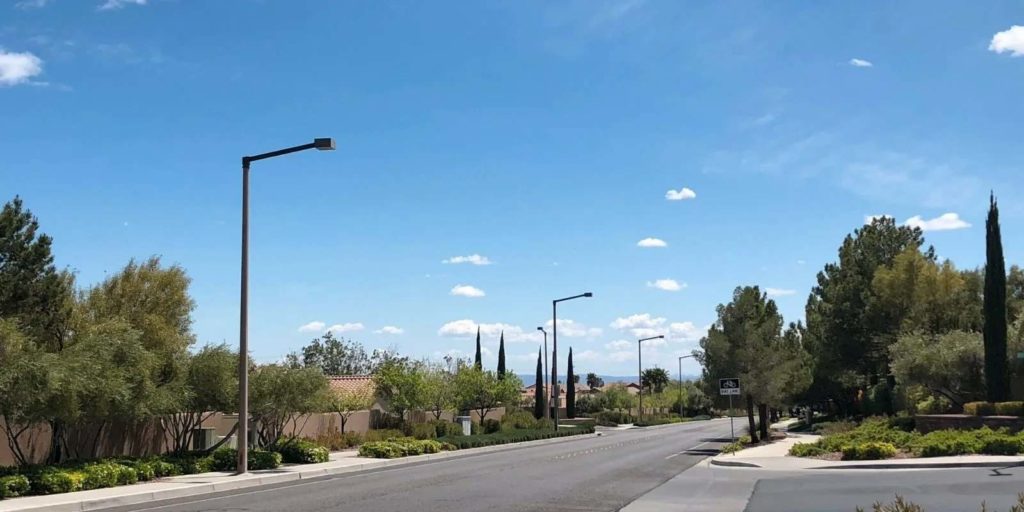
According to Cleaver, Summerlin was the first community in Southern Nevada to incorporate roundabouts in select areas, not only to improve traffic flow and safety, but also to be kinder and gentler to the environment by eliminating idling at lights and thereby reducing fuel consumption and vehicle emissions.
Additionally, Cleaver said the community’s environmental stewardship is evolving to include a more intense focus on new urbanism and smart growth, evident in a growing number of higher density neighborhoods, particularly in the newest area of the community – Summerlin West, where smaller homes offer less maintenance and encourage a more experiential lifestyle.
In Downtown Summerlin®, up to 4,000 additional residences are planned, including apartments, townhomes, condominiums, lofts and more. In 2016, Downtown Summerlin’s retail area, One Summerlin office building and Two Summerlin (2018) earned Silver certification status from the U.S. Green Building Council (USGBC) in its Leadership in Energy and Environmental Design (LEED) program. The newest office building, 1700 Pavilion, that is currently under construction in Downtown Summerlin, is on track to earn LEED Silver certification when it opens later this year.
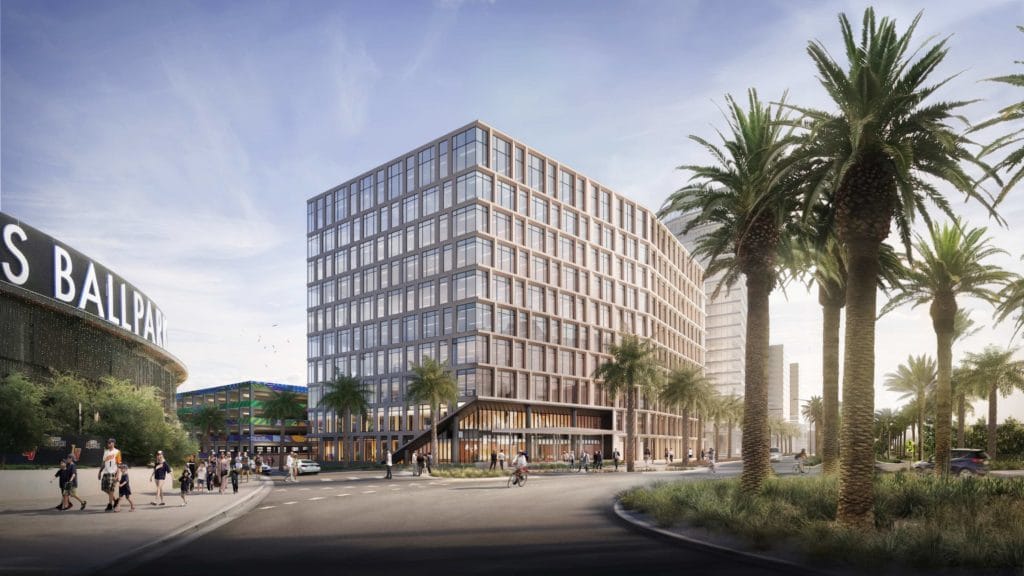
Now entering its 32nd year of development, Summerlin delivers more amenities than any other community in Southern Nevada. This includes more than 250 parks of all sizes; resident-exclusive community centers, pools and events; 200-plus miles of interconnected trails; ten golf courses; 26 public, private and charter schools; a public library and performing arts center; Summerlin Hospital Medical Center; houses of worship representing a dozen different faiths; office parks; neighborhood shopping centers; and, of course, Downtown Summerlin®, offering fashion, dining, entertainment, Red Rock Resort, office towers, City National Arena, home of the Vegas Golden Knights National Hockey League practice facility, and Las Vegas Ballpark®, a world-class Triple-A baseball stadium and home of the Las Vegas Aviators®.
In total, Summerlin currently offers nearly 120 floorplans in 20-plus neighborhoods throughout nine distinct villages and districts. Homes, built by many of the nation’s top homebuilders, are available in a variety of styles – from single-family homes to townhomes, priced from the $400,000s to more than $1 million.

